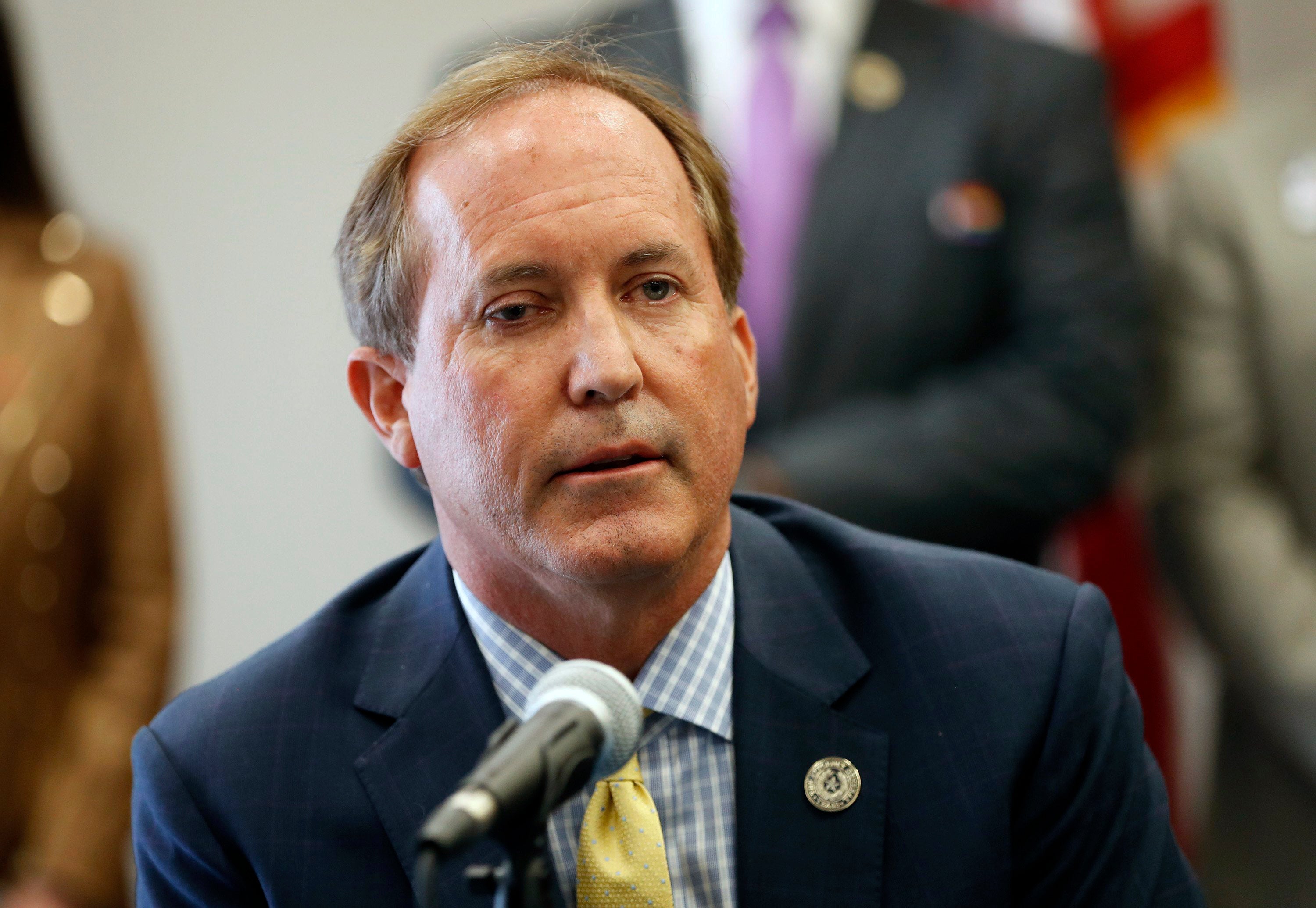Fifth Circuit allows Texas to deny emergency abortions
Department of Health and Human Services argued hospitals were required to perform emergency abortions to paitents under federal statue
Your support helps us to tell the story
From reproductive rights to climate change to Big Tech, The Independent is on the ground when the story is developing. Whether it's investigating the financials of Elon Musk's pro-Trump PAC or producing our latest documentary, 'The A Word', which shines a light on the American women fighting for reproductive rights, we know how important it is to parse out the facts from the messaging.
At such a critical moment in US history, we need reporters on the ground. Your donation allows us to keep sending journalists to speak to both sides of the story.
The Independent is trusted by Americans across the entire political spectrum. And unlike many other quality news outlets, we choose not to lock Americans out of our reporting and analysis with paywalls. We believe quality journalism should be available to everyone, paid for by those who can afford it.
Your support makes all the difference.The Fifth Circuit Court of Appeals upheld a lower court ruling in Texas that allows the state to ban emergency abortions, saying the current federal statute in the Emergency Medical Treatment and Labor Act (EMTALA) does not preempt the state law that outlaws the procedure.
In a ruling on Tuesday, the conservative-majority appeals court said the US Department of Human Health Services (HHS) erred in their interpretation of the EMTALA when the agency issued guidance in May 2023 to all hospitals participating in Medicare.
The decision is a blow to abortion rights activists in Texas who have been fighting to expand abortion access in the state.
The HHS’s guidance told hospitals they were “obligated under EMTALA to offer stabilizing care to patients who need emergency care” and that the federal statute overrode any anti-abortion state laws that did not include exceptions that met EMTALA’s emergency medical condition definition.
However, Texas Attorney General Ken Paxton challenged the guidance saying no part of the law authorised the federal government to compel healthcare providers to perform abortions.
The Fifth Circuit agreed with Mr Paxton and the district court, adding, “EMTALA does not provide an unqualified right for the pregnant mother to abort her child”.

After the Supreme Court overturned Roe v Wade in 2022, Texas enacted a strict anti-abortion law that criminalises nearly all abortions before a fetal heartbeat is detectable except in some vaguely-described situations.
However, due to the law’s unspecific nature, doctors have been unable to confidently provide the necessary care for pregnant patients who seemingly meet the law’s exceptions. Last month, Mr Paxton sent letters threatening legal action to hospitals where Kate Cox, a woman seeking a medically necessary abortion, could have obtained care.
The HHS’s guidance, issued shortly after the Supreme Court ruling, was an attempt to persuade states to allow for medically necessary abortions to continue in order to prevent death or health risks.
Under the 1986 law, EMTALA, hospitals that receive federal funding must treat or stabilise a patient regardless of their ability to pay or insurance status. However, the law does not explicitly mandate which medical treatments are necessary.
The Fifth Circuit said the HHS’s guidance “goes beyond EMTALA by mandating abortion.”
Rochelle Garza, the President of the Texas Civil Rights Project and current Democratic nominee for Texas Attorney General, called the ruling “deeply disturbing.”
“Hospitals and doctors should not have their hands tied when attempting to provide life-saving care for their patients. This cruelty, spearheaded by AG Paxton, puts women in life-threatening danger,” Ms Garza wrote on X.

Join our commenting forum
Join thought-provoking conversations, follow other Independent readers and see their replies
Comments